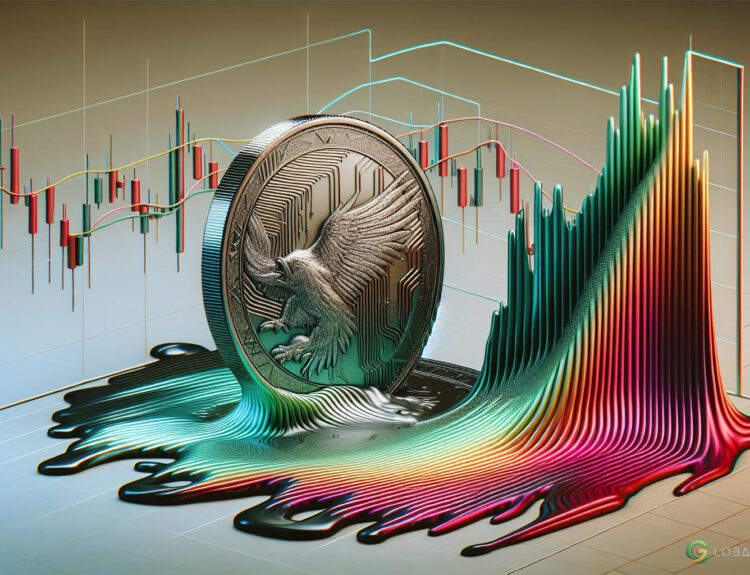PayPal is partnering with Anchorage Digital to promote its stablecoin PYUSD, despite ongoing legal and regulatory uncertainties surrounding stablecoin interest payments.
This partnership aims to incentivize institutional investors to hold PayPal’s PYUSD by offering rewards. Anchorage Digital, the only U.S. crypto firm with a federal bank charter, operates as a federally regulated digital asset bank, distinguishing it from other crypto companies that function under state licenses or as unregulated entities.
PayPal’s entry into the stablecoin market with PYUSD has faced challenges in gaining significant traction. A year after its launch, PYUSD had a market cap of under $1 billion, a stark contrast to industry leader Tether, currently valued at $117 billion.
In May, PayPal expanded its stablecoin to the Solana blockchain to improve transaction speed, reduce costs, and enhance its utility beyond the Ethereum network.
Legal Issues
The partnership has raised concerns about the regulatory landscape surrounding stablecoin interest payments. Anchorage Digital claims that the rewards offered are not a securities offering, thus avoiding oversight by U.S. banking regulators. Instead, payouts will be managed by a Cayman Islands entity, circumventing jurisdictional scrutiny.
This strategy reflects broader industry tactics to navigate regulatory uncertainties. While stablecoins like Tether and USDC have capitalized on high interest rates from U.S. Treasuries, companies have generally refrained from sharing these profits with users due to unclear regulations.
PayPal and Anchorage’s approach could be seen as a workaround in an environment where traditional protections, like FDIC insurance, don’t apply. As PayPal continues to diversify its offerings, this latest move with PYUSD underscores its commitment to expanding its presence in the crypto space, despite the uncertain regulatory environment.
Stay updated on the latest cryptocurrency news and trends at Global Crypto News.
























